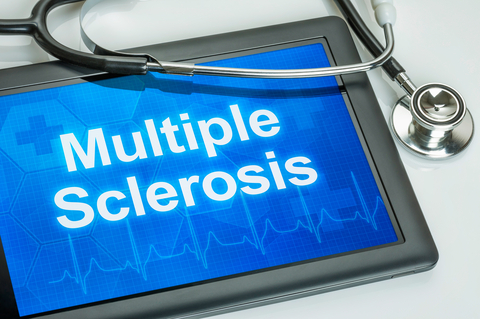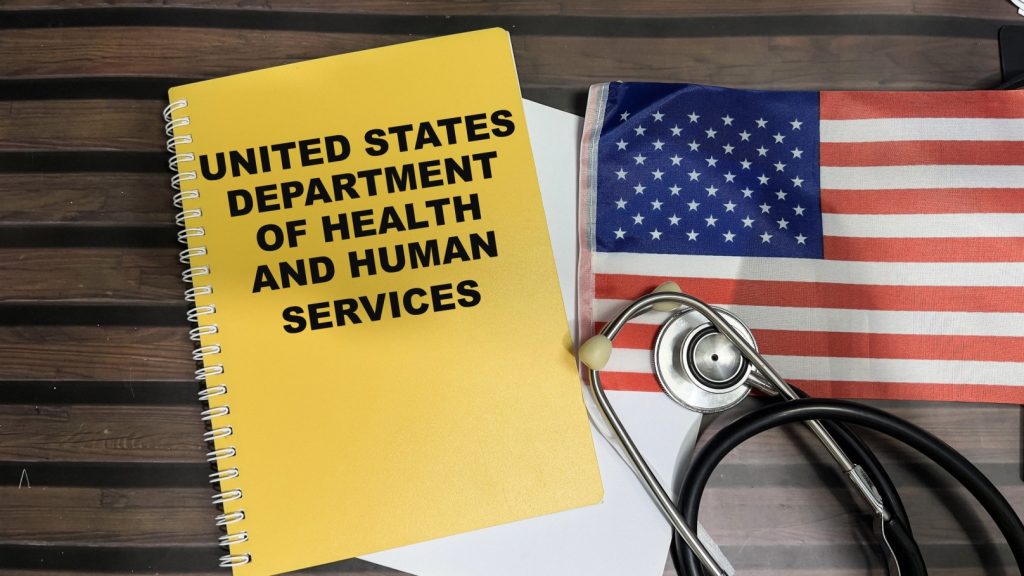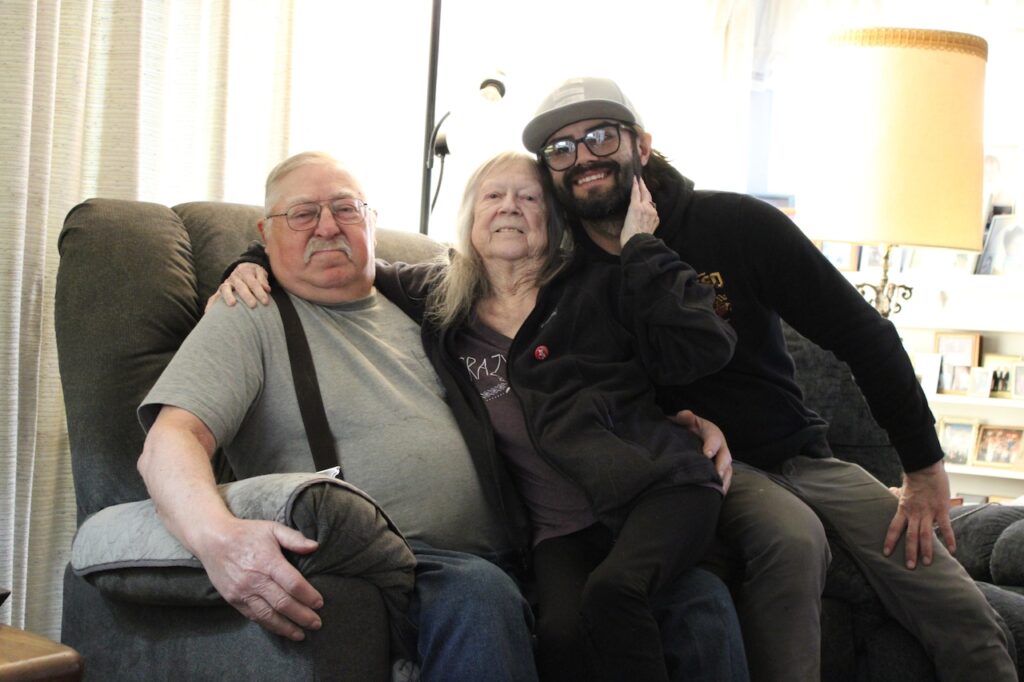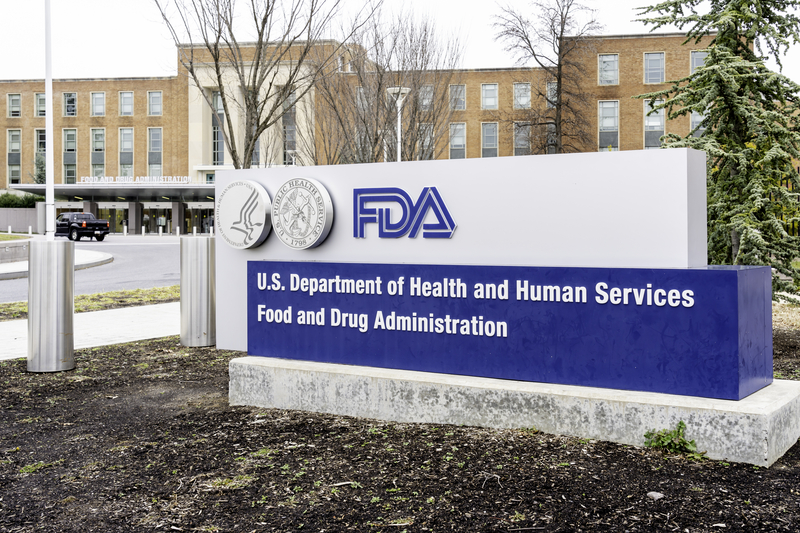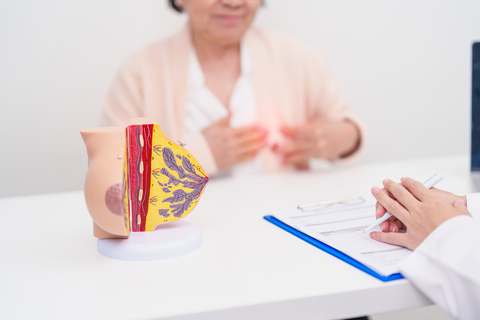Years
Breast Cancer Screening Shows Gaps in Women Aged 40-49 Years
TOPLINE:
Among 20.1 million women aged 40-49 years, only 59.2% underwent biennial mammography screening, with significantly lower rates observed in...
Child malaria vaccine uptake in Ghana: Factors influencing parents' willingness to allow vaccination of their children under five (5) years
Background:
Malaria is a substantial health burden in Ghana, particularly among children. Despite the availability of malaria vaccin...
Wearables for early detection of atrial fibrillation and timely referral for Indigenous people ≥55 years: mixed-methods protocol
Introduction:
Digital health technologies have the potential to provide cost-effective care to remote and underserved populations. T...
Honoring the enslaved African American foremothers of modern women's health: Meditations on 40 years of Black feminist praxis
Abstract
This article analyzes 40 years of Black feminist scholarship, art, and grassroots activism dedicated to the lives and legacies of the “for...
An Idaho woman is suing a fertility doctor for allegedly using his own sperm to inseminate her 34 years ago
An Idaho woman has decided to sue her former fertility doctor, claiming he used his own sperm to inseminate her more than 30 years ago. The prevale...
Risk of Incident Asthma among Young Asian American, Native Hawaiian, and Pacific Islander Children from Age 3 to 7 years in a Northern California H...
doi: 10.1016/j.jpeds.2023.113802.
Online ahead of print.
Affiliations
Expand
...
1
2
3
…
>
1
2
…
Trending Topics
Features
- Drive Toolkit
Download and distribute powerful vaccination QI resources for your community.
- Health Champions
Sign up now to support health equity and sustainable health outcomes in your community.
- Cancer Early Detection
MCED tests use a simple blood draw to screen for many kinds of cancer at once.
- PR
FYHN is a bridge connecting health information providers to BIPOC communities in a trusted environment.
- Medicare
Discover an honest look at our Medicare system.
- Alliance for Representative Clinical Trials
ARC was launched to create a network of community clinicians to diversify and bring clinical trials to communities of color and other communities that have been underrepresented.
- Reducing Patient Risk
The single most important purpose of our healthcare system is to reduce patient risk for an acute event.

